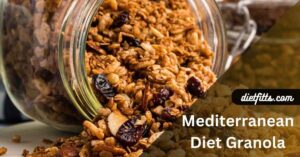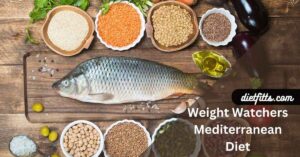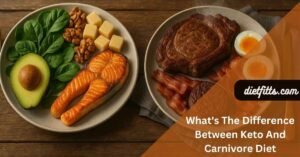Mediterranean Diet Scallops – Make Every Meal Memorable!
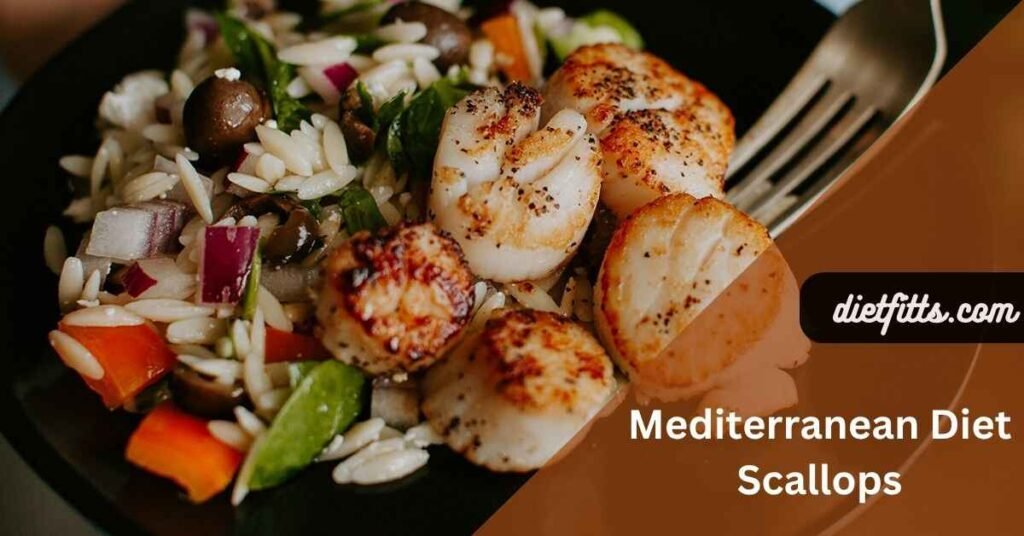
Yes, scallops are a great addition to the Mediterranean diet. They boast high protein content, low-fat levels, and abundant essential nutrients. Scallops also supply omega-3 fatty acids, promoting heart health.
For a delicious and healthy meal, you can prepare them by grilling or sautéing them with olive oil, garlic, and fresh herbs.
If you haven’t tried Mediterranean diet scallops yet, don’t worry. I’m here to share some amazing ways to enjoy and make this delicious dish.
Table of Contents:
What Are Scallops? – What You Know!
Scallops are a type of shellfish found in saltwater environments around the world. They belong to the mollusk family and are known for their delicate, sweet flavour and tender texture. Scallops have a fan-shaped shell with a central adductor muscle, which is the edible part.
Most supermarkets sell two types of scallops: sea scallops and bay scallops. Sea scallops are bigger and can reach sizes of up to 2 inches in diameter.
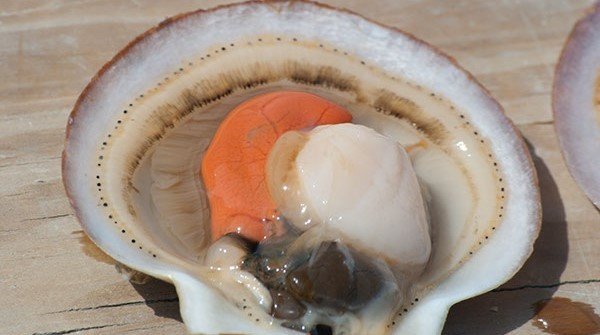
This muscle is prized for its meaty yet soft consistency, making scallops a favourite in many Culinary traditions. They are versatile in cooking, often prepared by searing, grilling, or baking, and can be paired with various flavours and ingredients.
This makes them a popular choice in both gourmet and home kitchens. Scallops are also rich in protein and low in fat, fitting well into healthy diets like the Mediterranean diet.
1. Fresh Vs. Frozen Scallops:
Depending on your location, frozen scallops are often more convenient and cost-effective. Surprisingly, they can be fresher than “fresh” ones, which may sit at the seafood counter for days.
When buying frozen scallops, opt for wild-caught varieties. If you’re lucky to live near the coast, choose fresh scallops with a firm texture and avoid those with a fishy smell.
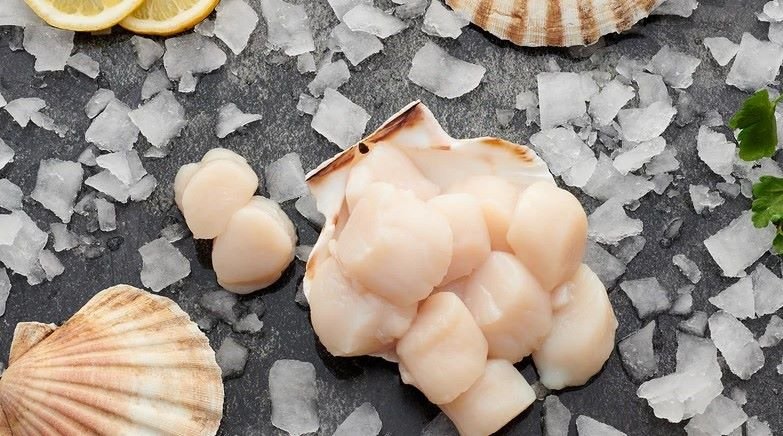
Note: Female scallops may have a slightly pinkish flesh and a sweeter taste.
2. Nutritional Information:
| Nutrient | Amount per 3 oz Serving (steamed) |
| Calories | 94 |
| Protein | 17 grams |
| Fat | 1 gram |
| Carbohydrates | 5 grams |
| Fiber | 0 grams |
| Sugar | 0 grams |
When it comes to the adductor muscle, I find scallops to be mild and neutral in flavour. It is similar to the chicken breast but with a slight hint of the sea, like a very mild shrimp. A seared sea scallop is incredibly tender, almost the most tender thing you can eat.
Health Benefits Of Mediterranean Diet Scallops – Must Consider It!
1. It Keeps Heart Healthy:
Scallops are packed with omega-3 fatty acids, good fats that help balance cholesterol and lower the risk of heart disease. However, their high magnesium content can:
- Relax blood vessels
- Reducing blood pressure
- Boosting circulation
Low magnesium levels are linked to a higher risk of heart disease, so getting enough is key for heart health.
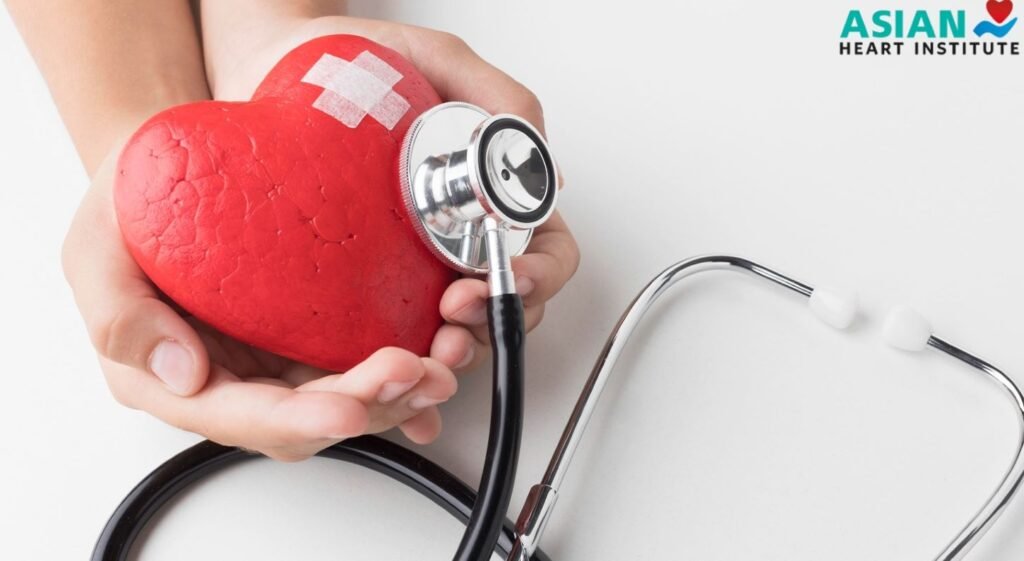
2. It May Prevent Stroke:
Studies indicate that the fatty acids in scallops can enhance blood flow and lessen clots that cause strokes. Research found that individuals consuming omega-3-rich fish regularly lowered their stroke risk by up to 48%.
Additionally, Vitamin B12 in scallops helps reduce homocysteine levels, and harmful amino acids that harm blood vessels and may lead to strokes.
3. Helps To Keep Weight Manage:
Scallops provide lean protein, which can aid in weight loss. It keeps you feeling full and potentially boosts your metabolism. Research indicates that the amino acids taurine and glycine in scallop protein can help prevent weight gain and obesity.
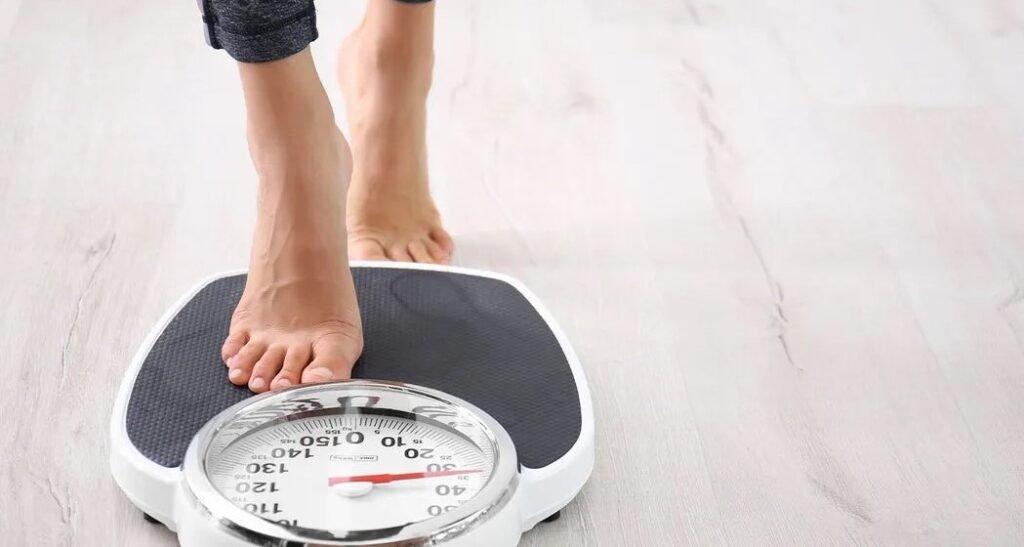
4. Physical Recovery:
Research suggests that the magnesium found in scallops can:
- Reduce muscle cramps
- Promote tissue repair
- Enhance muscle strength
Ensuring sufficient magnesium intake in your diet may help lower the risk of osteoporosis and other mobility-related issues.
Finally, you’ve learned about scallops and their health benefits. But wait! I still have to discuss their nutritional benefits and risks. For World wide conversation visit this forum website.
Nutritional Benefits Of Scallops – Have A Look!
1. Protein: Scallops provide a great source of lean protein, crucial for muscle repair and growth. A typical serving of scallops (about 3 ounces) contains around 20 grams of protein.
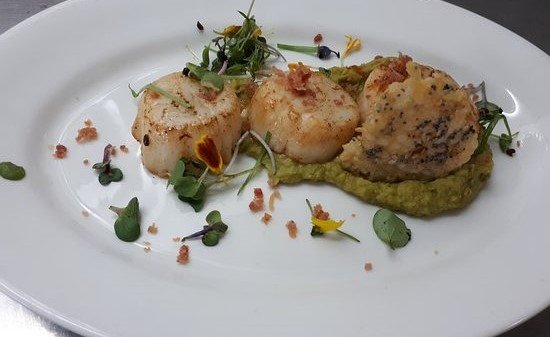
2. Omega-3 Fatty Acids: These heart-healthy fats are abundant in scallops and are known for their anti-inflammatory properties. Omega-3s aid in lowering the risk of chronic conditions like heart disease and arthritis.
3. Vitamins and Minerals: Scallops are packed with essential vitamins and minerals like B12, magnesium, and zinc, vital for nerve function, muscle health, and immune support.
Read Also: Mediterranean Diet Fast Food Options – Enjoy Quick, Nutritious Meals!
4. Low in Fat: Scallops contain very little fat, making them an excellent choice for those looking to maintain a healthy weight while following the Mediterranean diet.
Potential Risks Of Scallops – Keep In Mind!
1. Allergic Reactions:
While relatively rare, some people may experience allergic reactions to scallops, particularly if they have a shellfish allergy. Symptoms vary from mild itching and hives to severe reactions like:
- Facial swelling
- Difficulty breathing

2. Mercury Content:
Scallops, like other seafood, may contain trace amounts of mercury, which can be harmful if consumed excessively over time. Although scallops typically have low mercury levels, which affects:
- Pregnant women
- Nursing mothers
- Young children
All of them should limit their intake to avoid potential risks to fetal development and neurological health.
3. Foodborne Illnesses:
Scallops, like other types of seafood, can harbor bacteria and viruses. They may cause foodborne illnesses if not handled and cooked properly. One common concern is Vibrio bacteria, which can lead to vibriosis if scallops are consumed raw or undercooked. Symptoms of vibriosis include:
- Diarrhea
- Vomiting
- Abdominal pain
- Fever
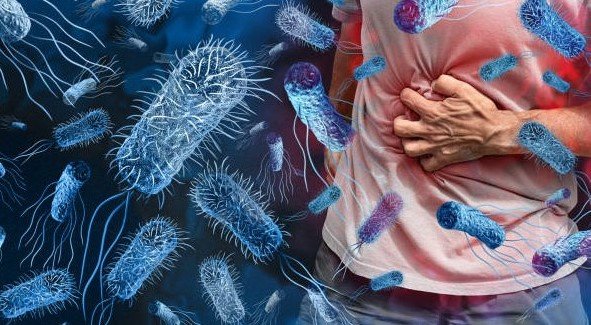
Note: In all cases that are above discussed you may require medical treatment.
4. Purine:
Scallops have a substance called purine, which in large amounts can lead to kidney stones. It also worsens gout symptoms in some people. If you’re prone to these issues, it’s wise to limit your intake of purine-rich foods like scallops.
Read Also: Mediterranean Diet Granola – A Delicious Treat!
5. Diarrhetic Shellfish Poisoning:
Shellfish collected from contaminated or algae-infested waters may carry bacteria. These bacteria lead to stomach discomfort and Diarrhea. To reduce this risk, purchase shellfish from trusted sources, as fishing areas undergo regular testing for these bacteria.
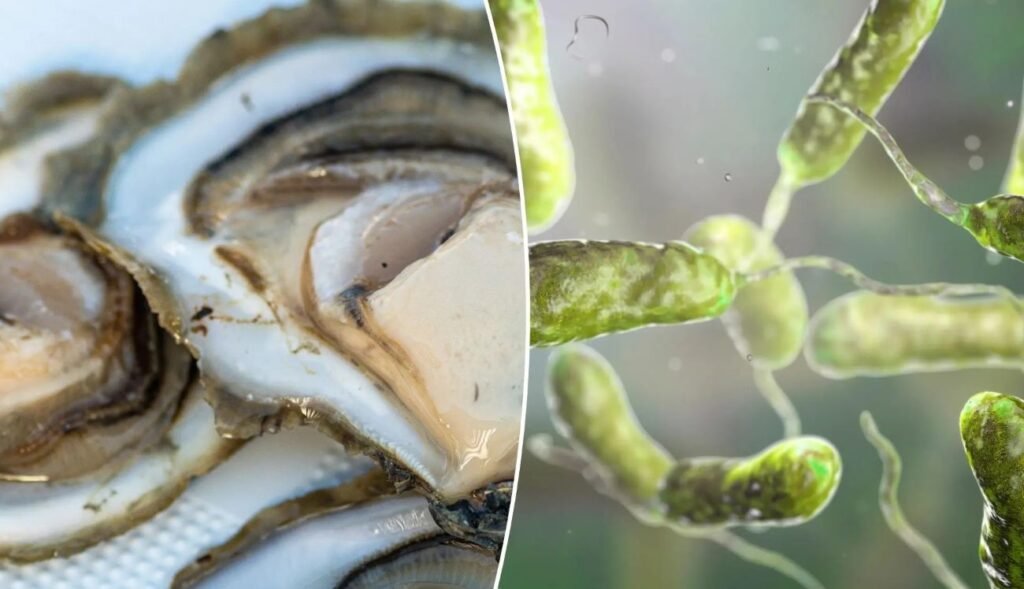
Mediterranean-Style Scallops Recipe – Try It!
Ingredients:
- Extra virgin olive oil
- 1 shallot, thinly sliced
- ½ red bell pepper, thinly sliced
- ½ green bell pepper, thinly sliced
- 4 to 5 garlic cloves, minced
- 10 oz grape tomatoes, halved
- 2 tbsp capers, drained
- Kosher salt
- Black pepper
- ½ tsp oregano
- ½ tsp cumin
- ½ tsp paprika
- 1 lb wild-caught sea scallops (thawed if frozen)
- Splash of fresh lemon juice
- A handful of fresh chopped parsley for garnish
Instructions:
- In a large cast iron skillet, heat 2 to 3 tablespoons of extra virgin olive oil over medium heat until it shimmers but doesn’t smoke.
- Add chopped shallots, red bell peppers, and green bell peppers. Turn the heat up to medium-high and cook for about 3 minutes, stirring occasionally.
- Add minced garlic, chopped tomatoes, and capers. Season with salt and black pepper. Add oregano, cumin, and paprika. Stir everything together. Cook for another 5 to 7 minutes, stirring occasionally. Keep this mixture warm while you cook the scallops.
- In a separate skillet, heat another 2 tablespoons of extra virgin olive oil over medium-high heat. Add the scallops and cook for 2 minutes on one side, then flip and cook for another 1 to 2 minutes (don’t overcook).
- Move the scallops immediately to the other pan with the tomato and pepper mixture. Drizzle a little lemon juice over everything. Garnish with chopped parsley.
- Remove from heat and serve right away over lemon rice or plain orzo.
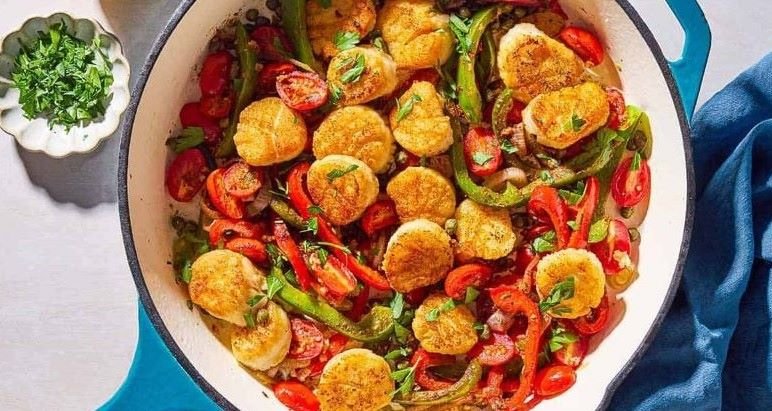
Important Notes For Cooking Scallops:
- Don’t overcook the scallops, or they will become chewy and tough. When they turn golden brown on both sides and start to break a bit around the edges, they are done.
- Cook the scallops last because they need to be served right away. In this recipe, I made the tomato and bell pepper mixture in one skillet and kept it warm.
- While I cooked the scallops in another skillet. When the scallops were ready, I added them to the warm mixture.
- If you’re making salads or other sides, prepare them in advance.
I highly value scallops for their delicate, sweet flavour. I often reserve them for special occasions or when entertaining guests. However, I’ve found that they’re surprisingly quick and easy to prepare, making them suitable for any night of the week.
Believe me, this simple scallops recipe is bursting with flavour… it’s worth a try!
Must Read It: Is Sushi On The Mediterranean Diet – Guide In 2024!
Healthy Ways To Cook Scallops – Tips For You!
1. Baking:
Baking scallops takes longer than pan-frying or broiling, making them tender without a crispy outside. To bake scallops without drying them out, follow three steps:
- Use high heat, keep them moist, and don’t cook them too long.
- To keep them healthy, avoid adding a lot of fat, sugar, or salt.
- Just use a 450°F oven, a sprinkle of lemon juice and pepper, and bake for 10 minutes for delicious scallops.
2. Broiling:
Cooking scallops quickly with high heat makes them crispy in just a few minutes. Brush them with olive oil to prevent them from browning too fast or drying out. Olive oil adds a little fat but is high in omega-3 fatty acids, which are good for cholesterol.
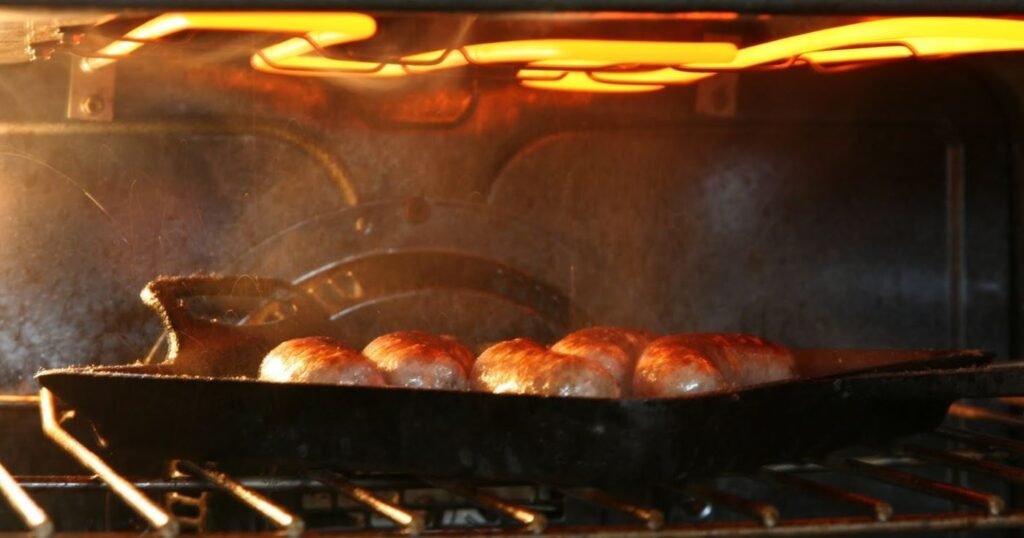
Note: Broil the scallops for no more than 5 minutes, then flip them and broil for one more minute.
3. Pan-frying:
Pan-frying scallops make the outside crispy and the inside creamy. First, heat the pan and add olive oil and some garlic for flavour. Then, Add all the scallops at once because they cook quickly, and if you add them one by one, the first ones will be done before you finish.
Cook them on each side for 2 to 3 minutes. They are ready when they are opaque all the way through when cut with a fork.
4. Grilling:
Grilling scallops works well if you keep them from falling through the grates. Thread the scallops onto skewers sideways instead of top to bottom. You can add cut-up vegetables or use two skewers to keep them steady.
Keep the scallops steady when you flip them. Grill them on a greased, medium-high grill for 2 to 3 minutes per side.
Frequently Asked Questions:
1. Are scallops allowed on a Mediterranean diet?
Yes! Since every Mediterranean country has a coastline, the local cuisines feature plenty of seafood. They use a variety of saltwater foods, including fish, shrimp, clams, scallops, and more.
2. How long will scallops keep?
In my opinion, it’s ideal to cook and enjoy scallops right away. However, if you have some leftovers, you can store them in the fridge for one or two nights. I don’t recommend reheating scallops because they can become rubbery. It’s best to eat leftovers cold or at room temperature.
3. How do you know when scallops are done on the grill?
To prevent scallops from getting dry and rubbery, cook them properly. Heat them over medium-high heat for about 2 minutes on each side. Once you see char marks on the bottom after 2 minutes, flip them. They should easily be released from the grill surface when they’re ready.
Conclusion:
Scallops are a delicious and nutritious addition to any diet, especially the Mediterranean diet. They are rich in protein, low in fat, and packed with essential nutrients like omega-3 fatty acids. Whether grilled, sautéed, baked, or broiled, scallops offer versatility and flavour.
Remember to cook them properly to avoid rubbery texture and enjoy them fresh for optimal taste and health benefits.

Hi! I’m Olivia Steeve, a certified nutritionist with over 11 years of experience in the field of diet and nutrition. At DietFitts, I focus on providing scientifically-backed, practical advice to help individuals achieve their health and fitness goals through balanced eating. I share insights, tips, and personalized guidance to help you make healthier choices and live your best life.


